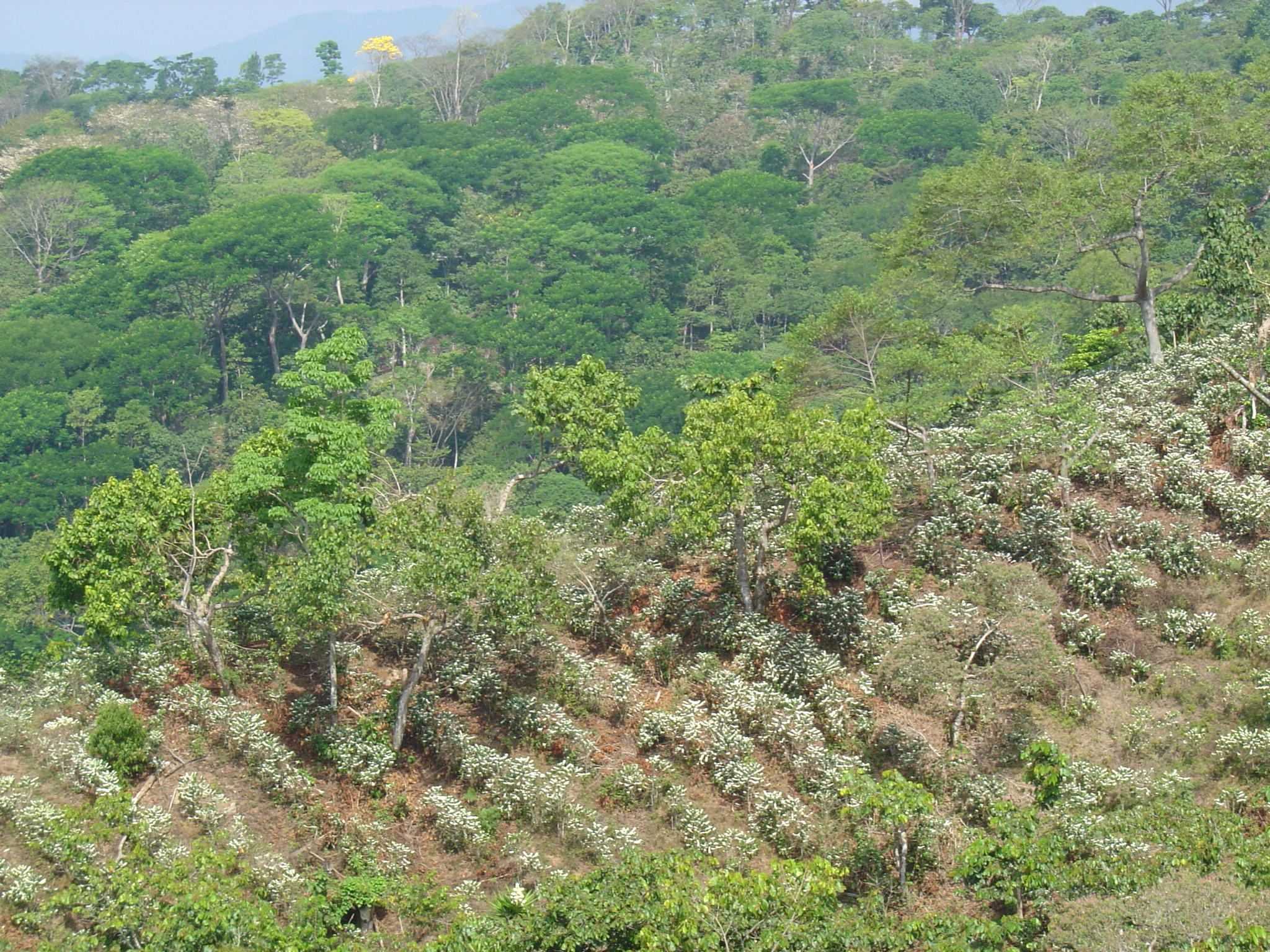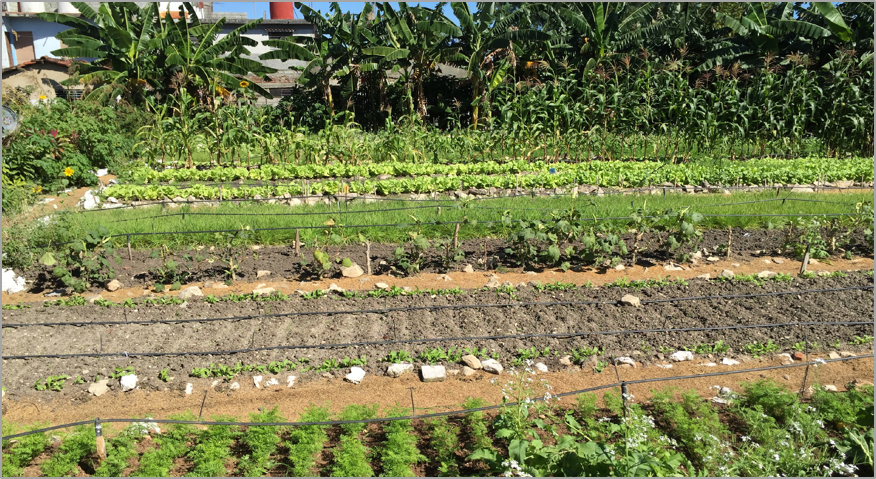The relationship between biodiversity and ecosystem services is of great interest across  taxa and biomes for both ecological and economic reasons. Specifically, plants and pollinators play an essential role in providing valuable ecosystem services, such as erosion control, microclimate regulation, and crop-pollination, among many other services. Within both coffee-growing regions and cotton-growing regions, we have shown that fruit set is significantly greater in landscapes that maintain a minimum threshold of natural habitat heterogeneity as these landscapes support functionally diverse pollinator communities. Specifically, our recent cotton research is the first to show that animal-mediated outcross pollination can confer an 18% increase in cotton boll size, thus providing an ecosystem service worth over $1 billion in the Texas Gulf region alone
taxa and biomes for both ecological and economic reasons. Specifically, plants and pollinators play an essential role in providing valuable ecosystem services, such as erosion control, microclimate regulation, and crop-pollination, among many other services. Within both coffee-growing regions and cotton-growing regions, we have shown that fruit set is significantly greater in landscapes that maintain a minimum threshold of natural habitat heterogeneity as these landscapes support functionally diverse pollinator communities. Specifically, our recent cotton research is the first to show that animal-mediated outcross pollination can confer an 18% increase in cotton boll size, thus providing an ecosystem service worth over $1 billion in the Texas Gulf region alone
My research group and additional collaborators are a lso exploring the interface between biodiversity and ecological function within urban gardens in central California in order to understand how biodiversity impacts food security and other social services provided to low-income communities with access to urban gardens.
lso exploring the interface between biodiversity and ecological function within urban gardens in central California in order to understand how biodiversity impacts food security and other social services provided to low-income communities with access to urban gardens.
